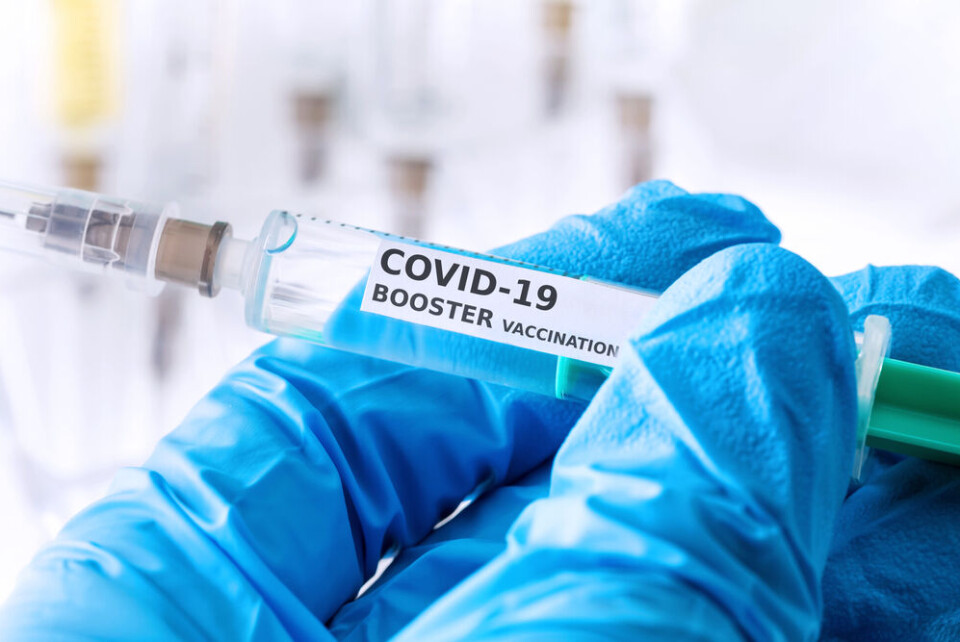-
How accurate are time estimates for French hiking paths?
Mathematical formula is basis for sign figures
-
My French cleaner is too familiar with me
Columnist Cynthia Spillman advises a reader on setting boundaries
-
Travelling during a residency card renewal: how can I show I am exempt from EES?
Tens of thousands of ‘Brexit’ cards are nearing expiry this year
France Covid travel rules: Does booster dose expire after nine months?
One reader has incorrectly read that a person is no longer considered fully vaccinated nine months after getting a top-up vaccine dose. We explain the rules

Reader question: We are seeing conflicting information that booster vaccine expiry could be as little as nine months for entry to France. Is this correct?
France’s Covid travel rules state that a person who gets two doses of a two-dose vaccine approved by the European Medicines Agency (Pfizer, Moderna, AstraZeneca/Vaxzevria/Covishield) or one dose of Janssen (Johnson & Johnson) is considered fully vaccinated for up to nine months after the final dose is administered.
After that point, they will need a booster dose in order to be considered fully vaccinated.
Everyone who has had a booster dose is considered fully vaccinated, without any expiry date to this introduced, as yet, by France.
Additionally, even if you wait 10, 11, 12 or more months after your second dose to get a booster dose, once you get this you will again be considered ‘fully vaccinated’.
Take this example:
John gets a first dose of the Moderna vaccine on March 1, 2021. He gets his second dose on May 24.
John would have been considered fully vaccinated under French travel rules until February 24, 2022. For John to maintain his fully vaccinated status, and be considered fully vaccinated today, he should get a third vaccine dose, which will (under current rules) give him indefinite ‘fully vaccinated’ status.
There are other nuances to France’s definition of fully vaccinated, for example for people who were initially vaccinated with a vaccine not approved by the EMA.
You can read more about these specifics on the French government’s website here.
Related stories
All Covid restrictions to end for France to UK travel on Friday
Five Covid scenarios from France’s Pasteur Institute as rules ease
EU countries should accept travellers with WHO-approved vaccines
























